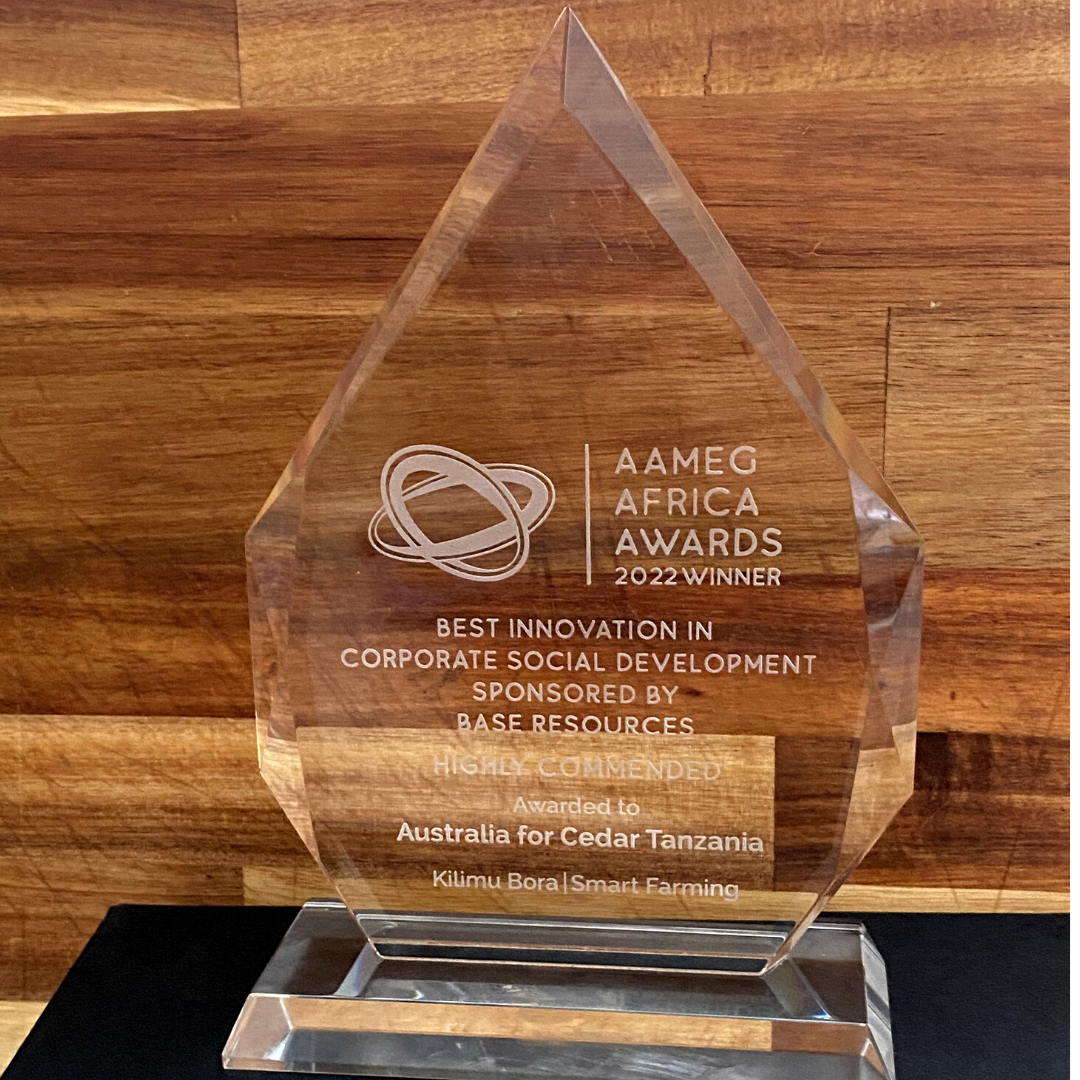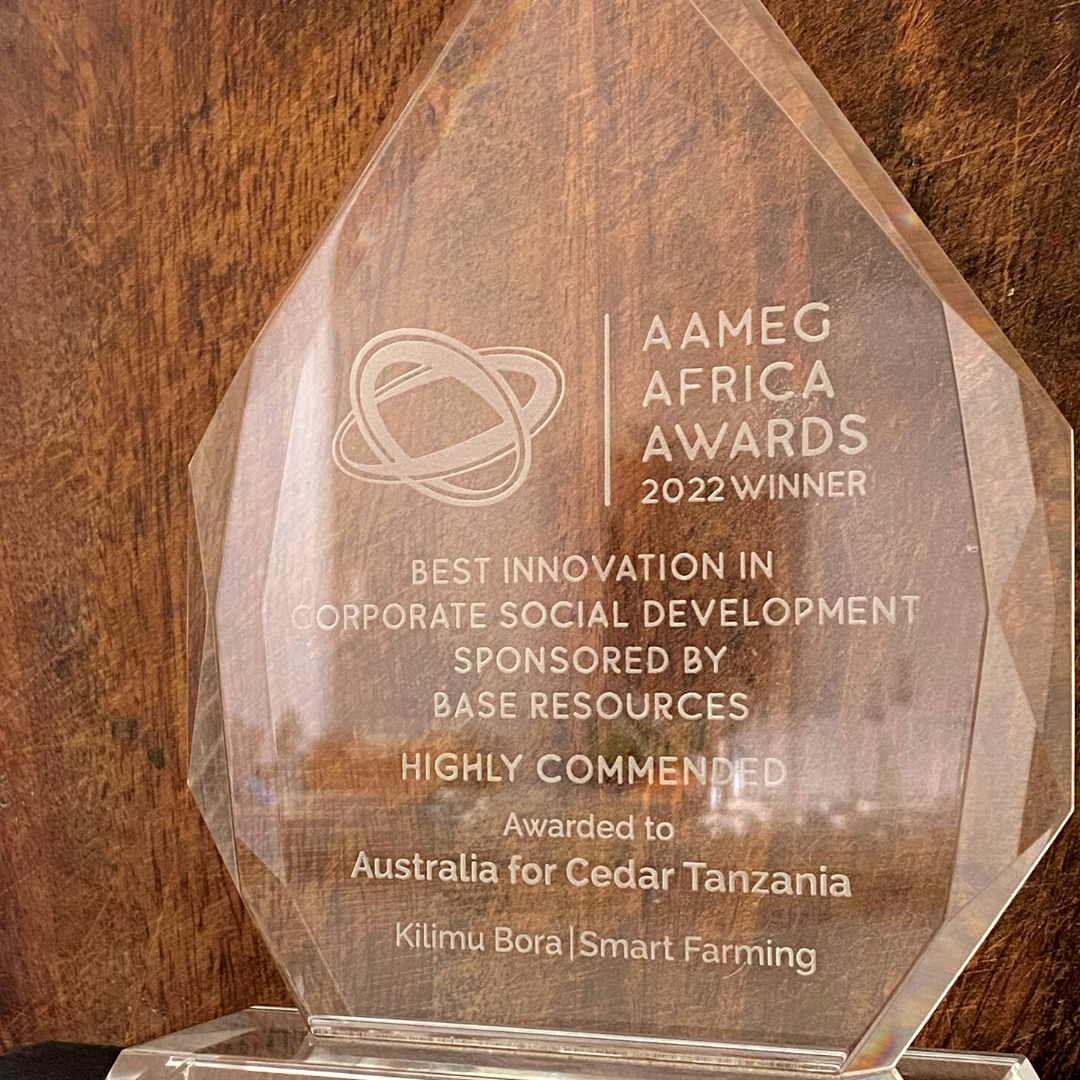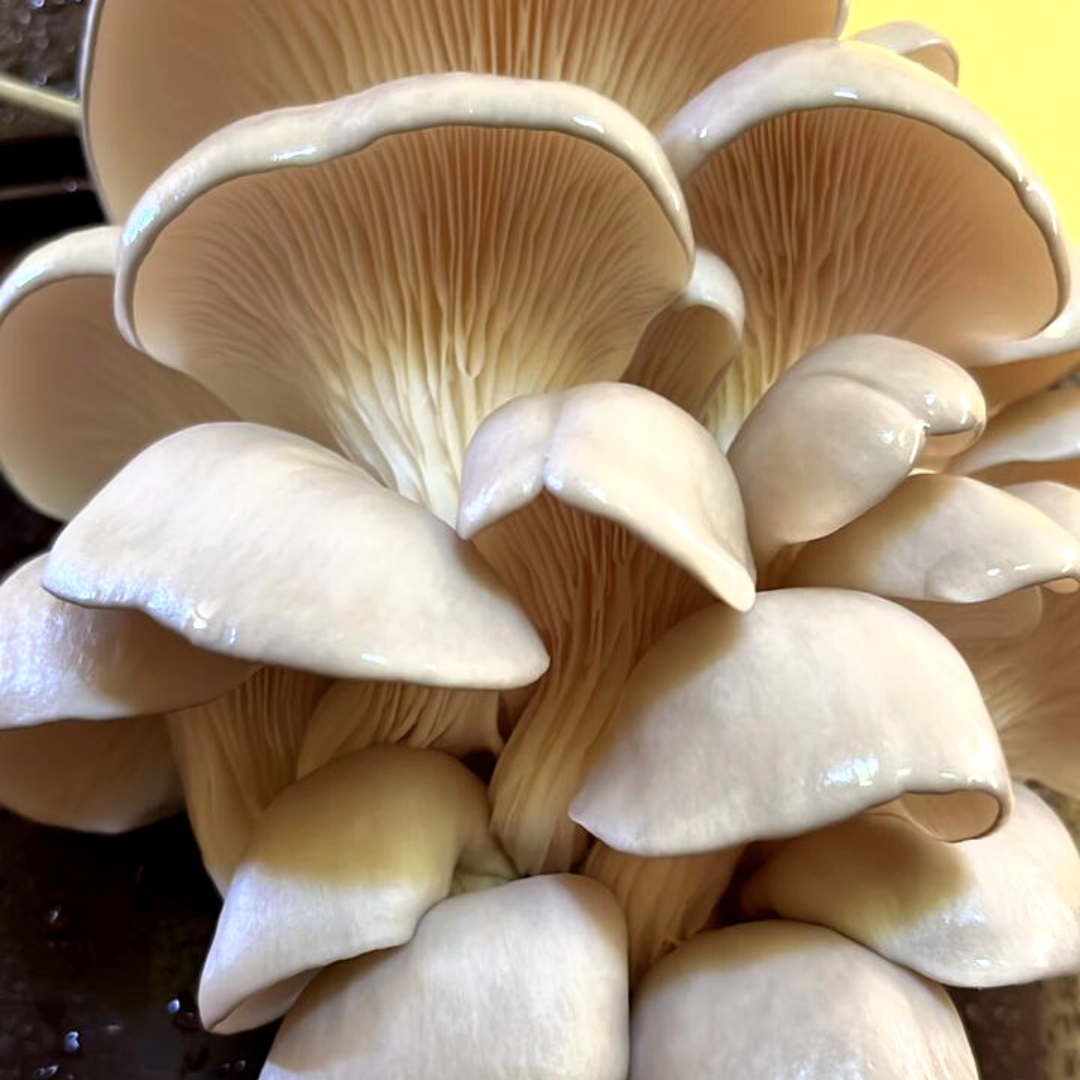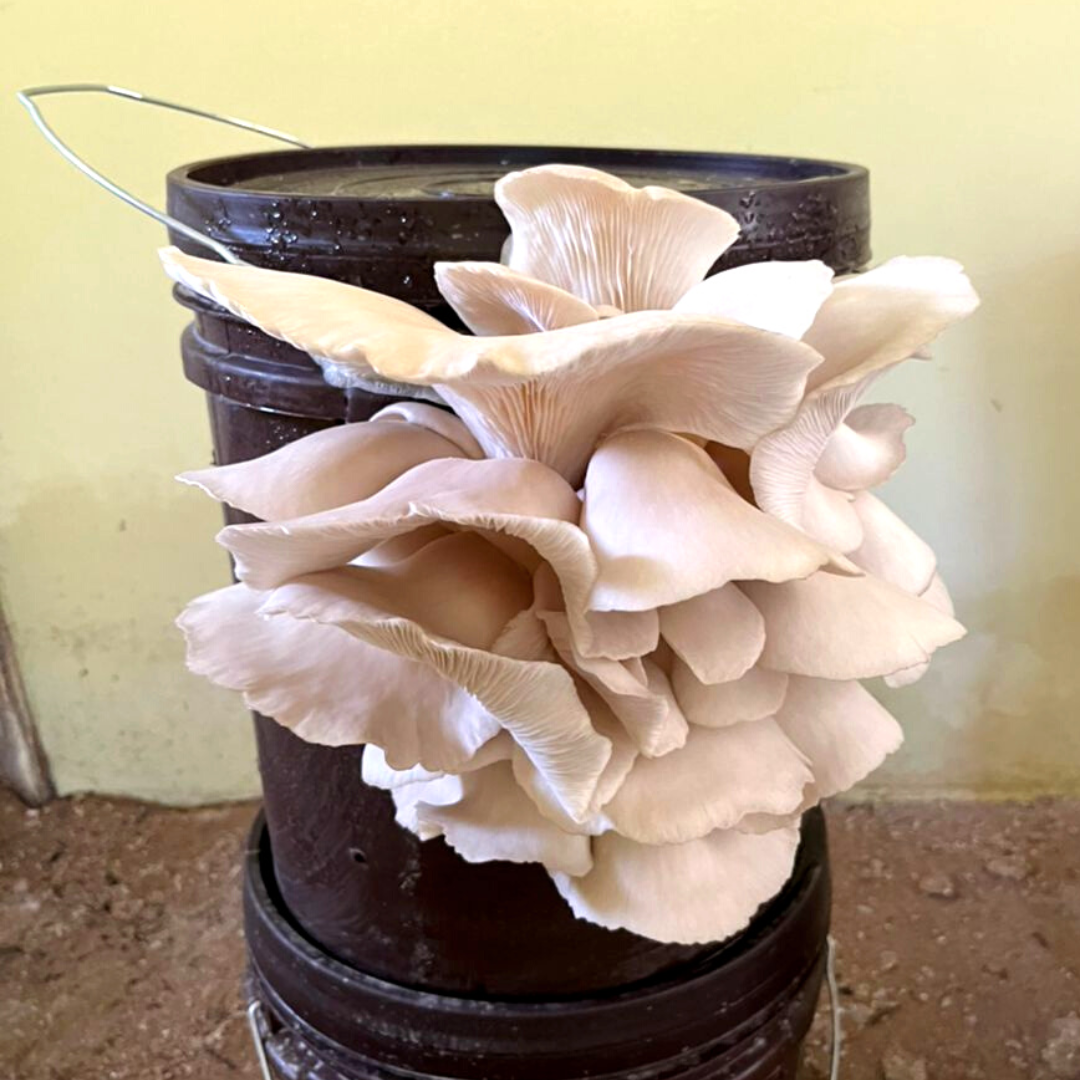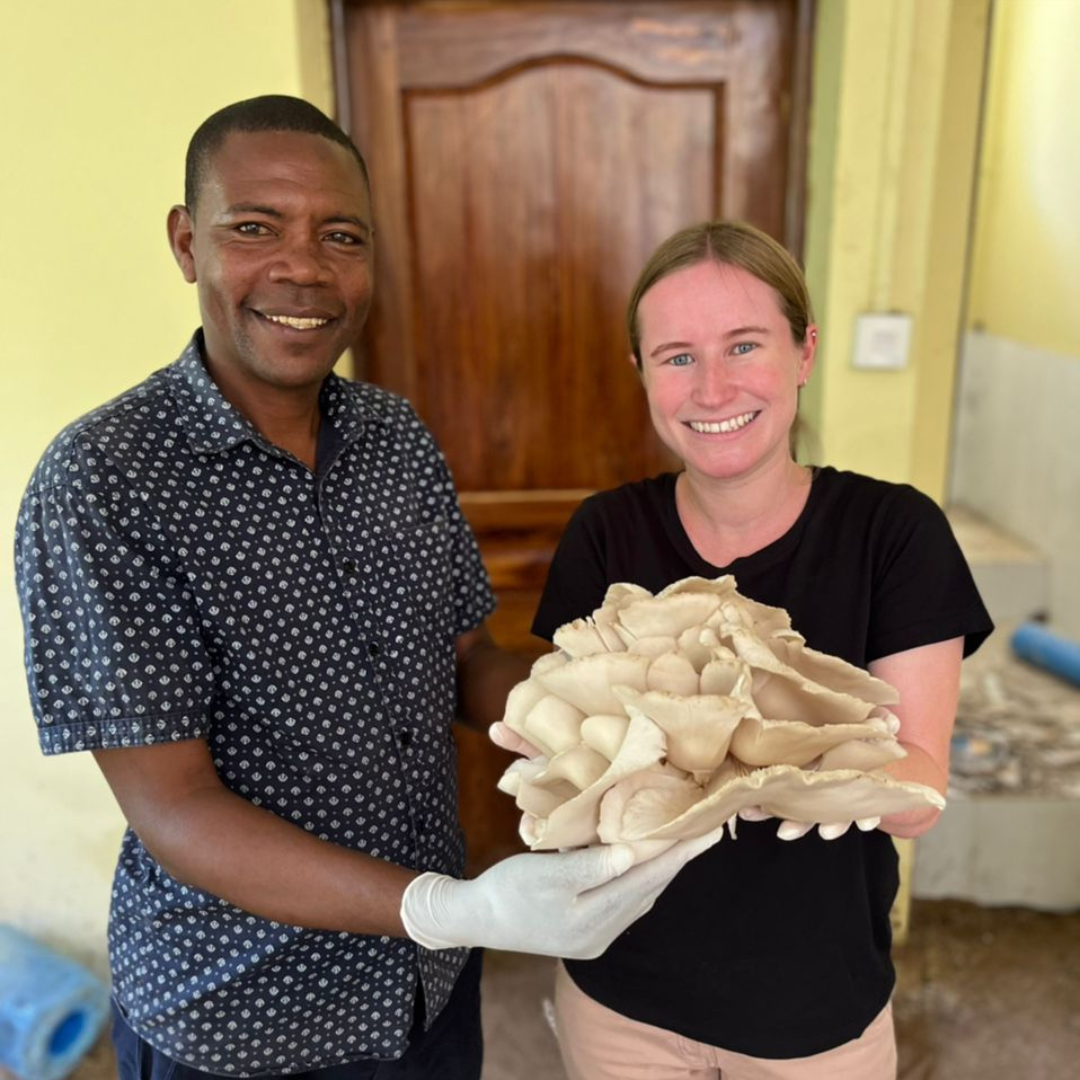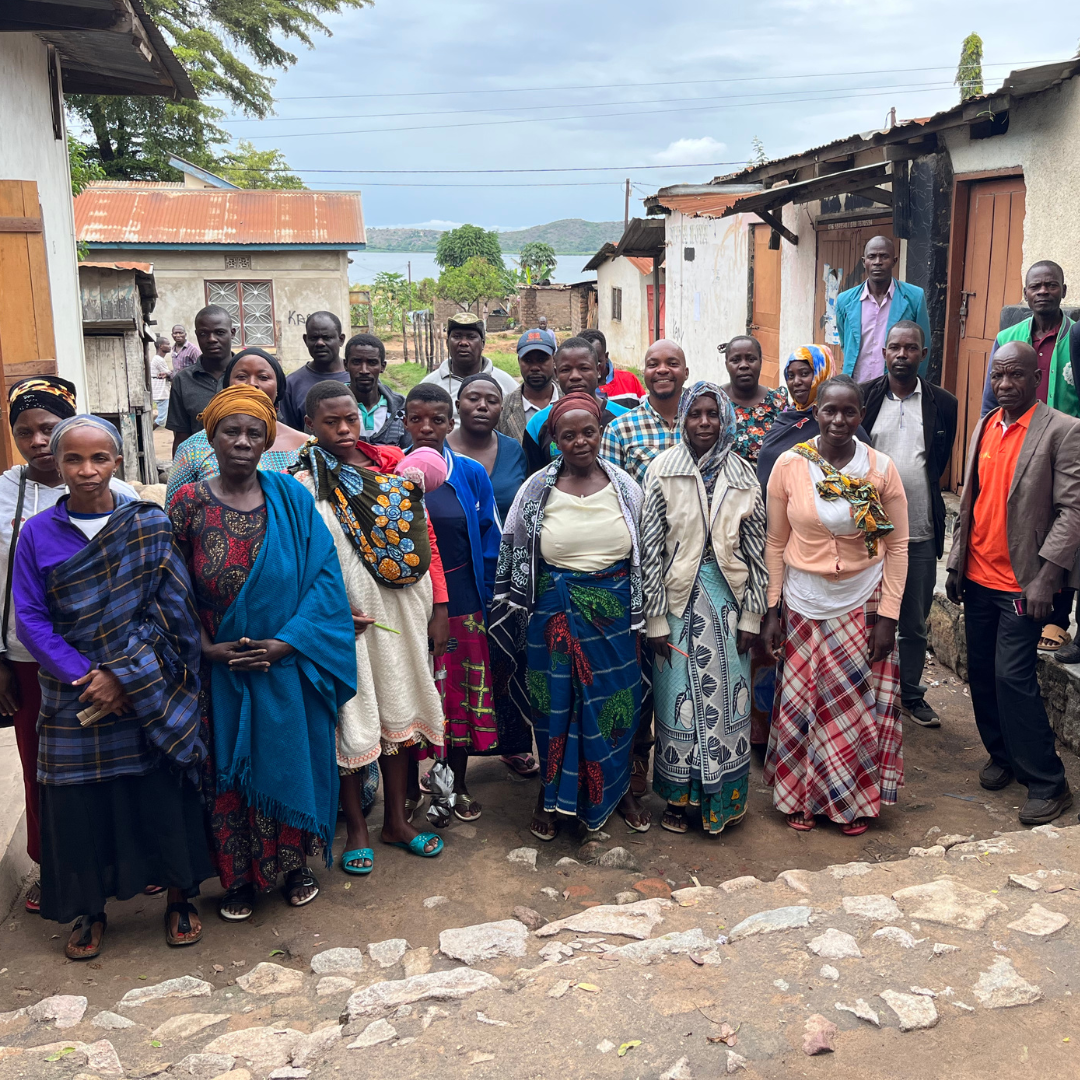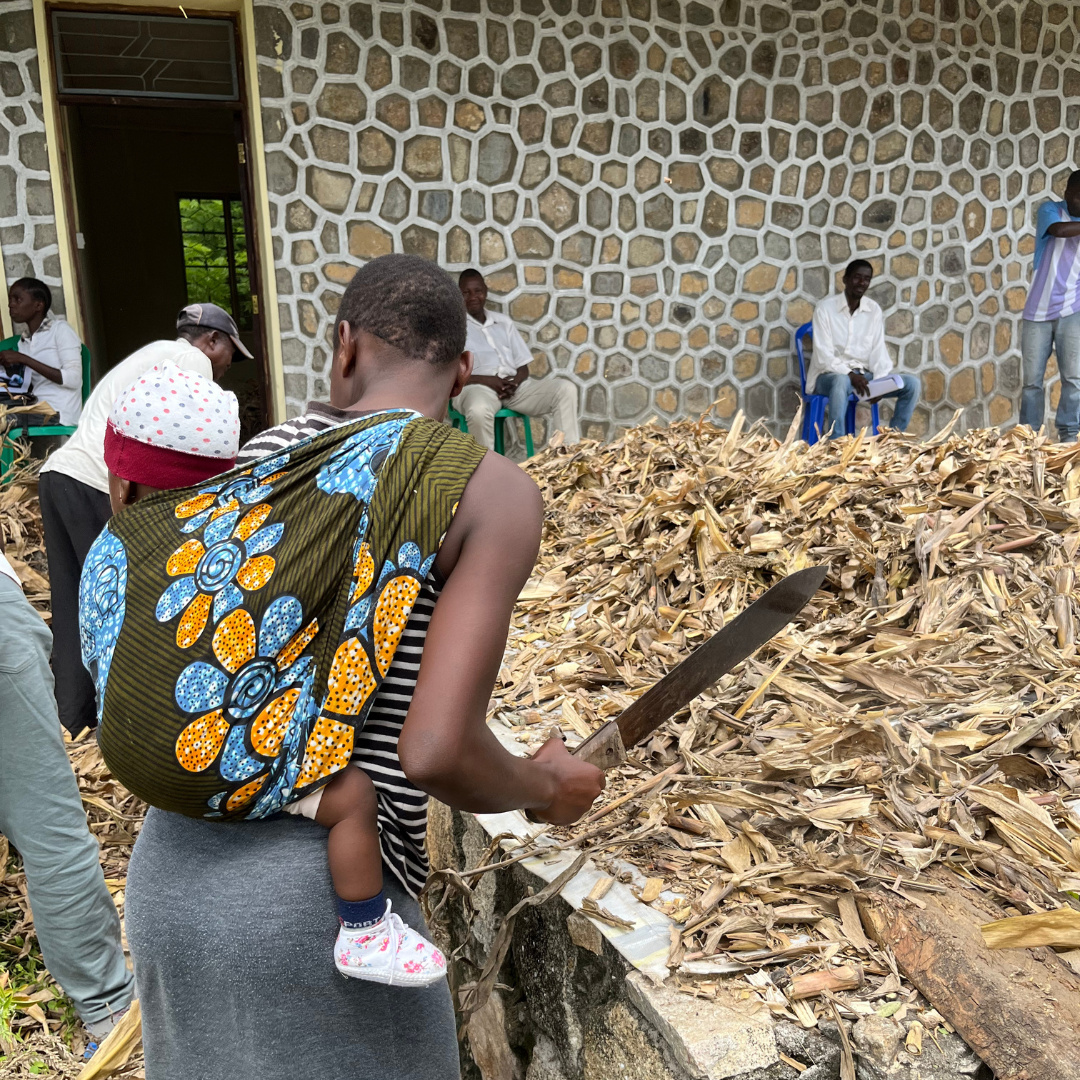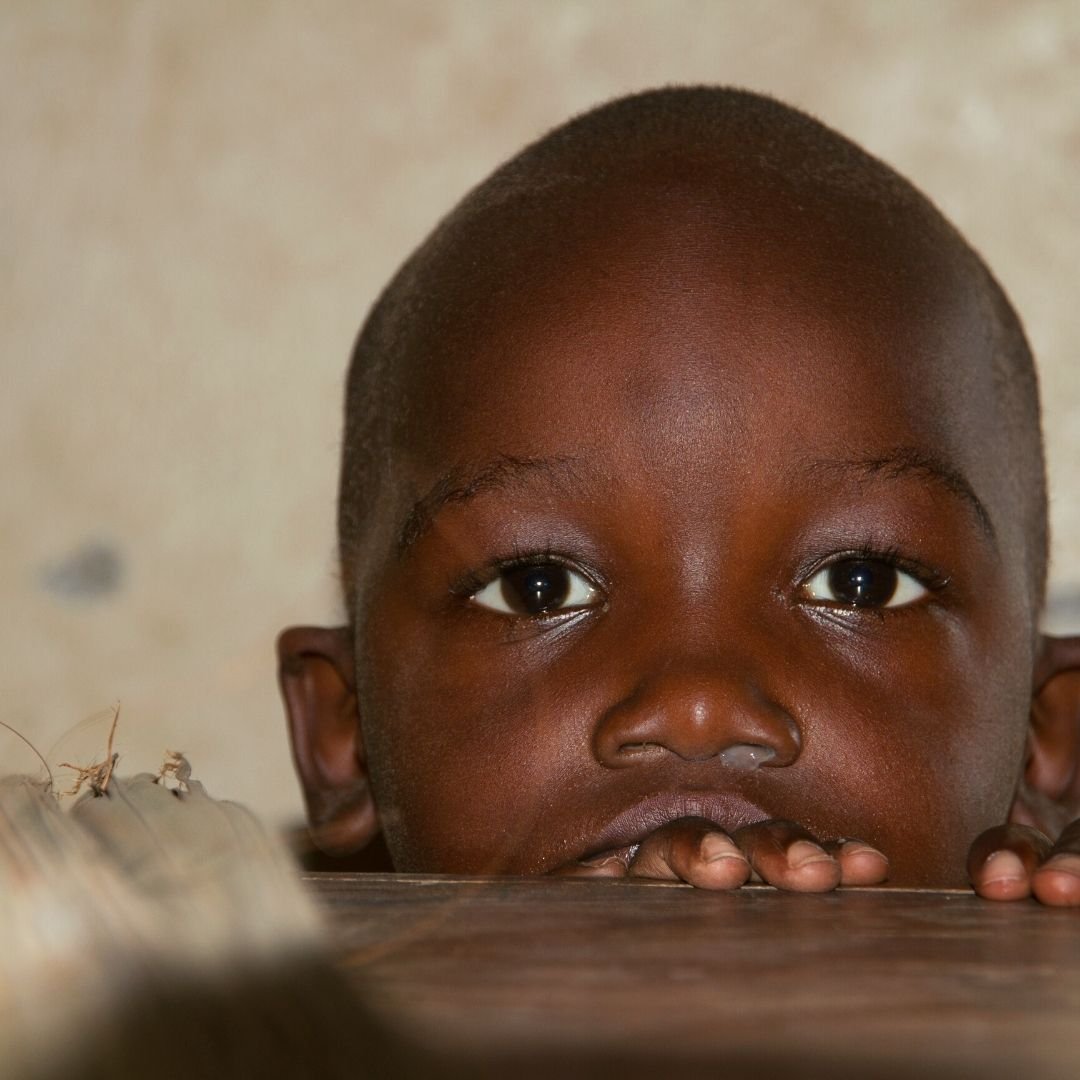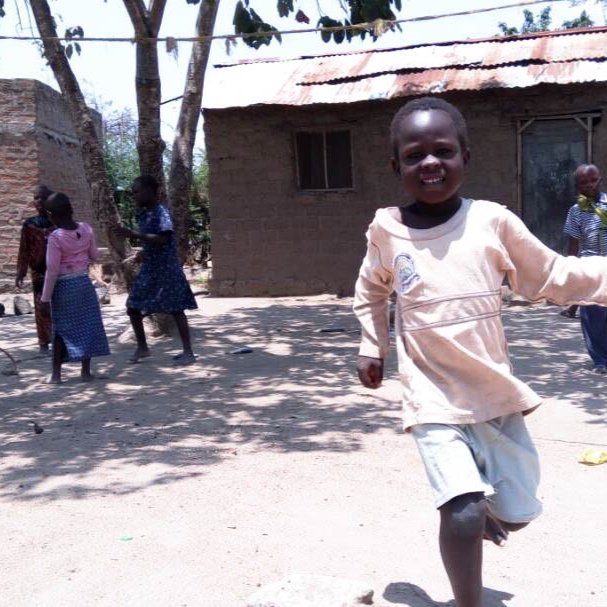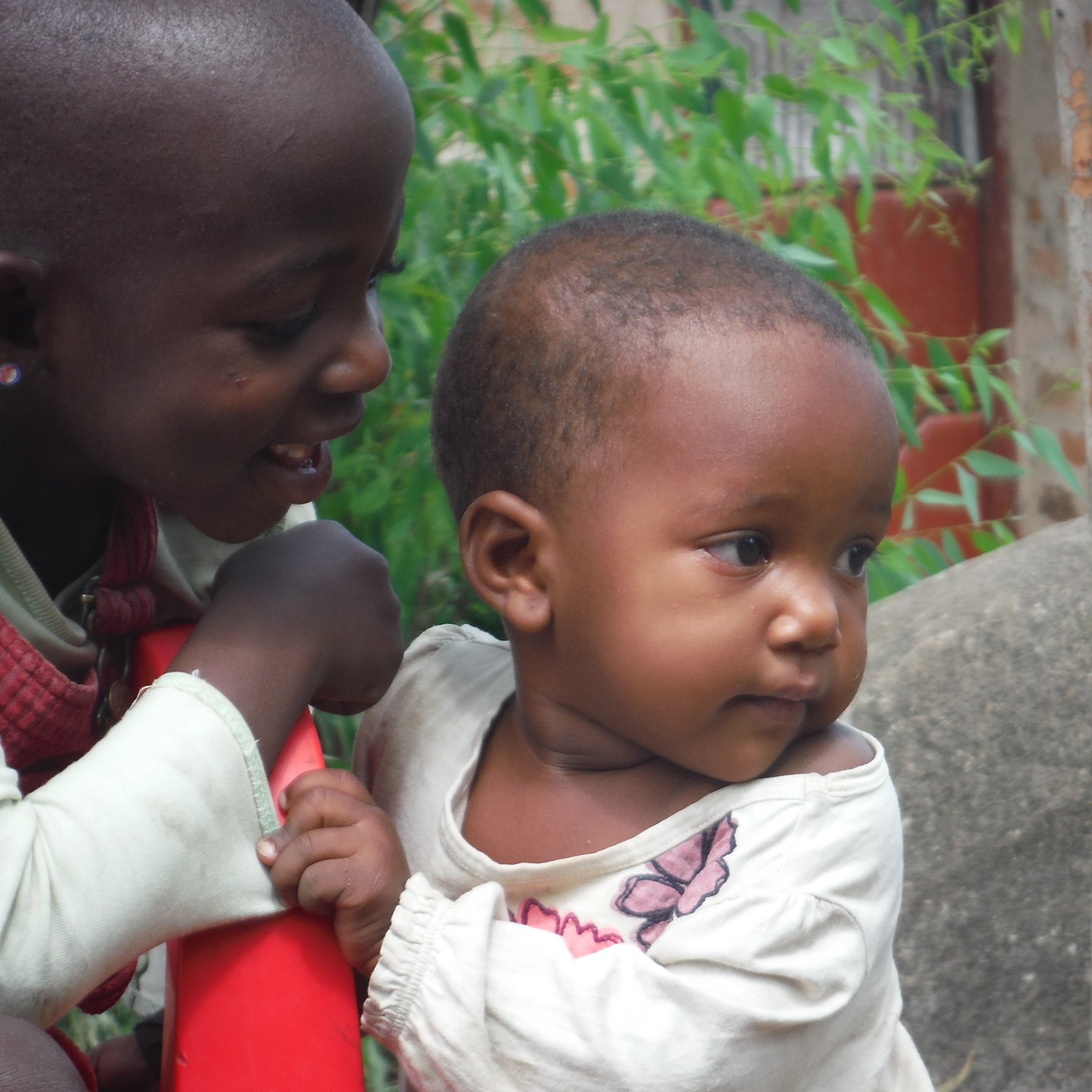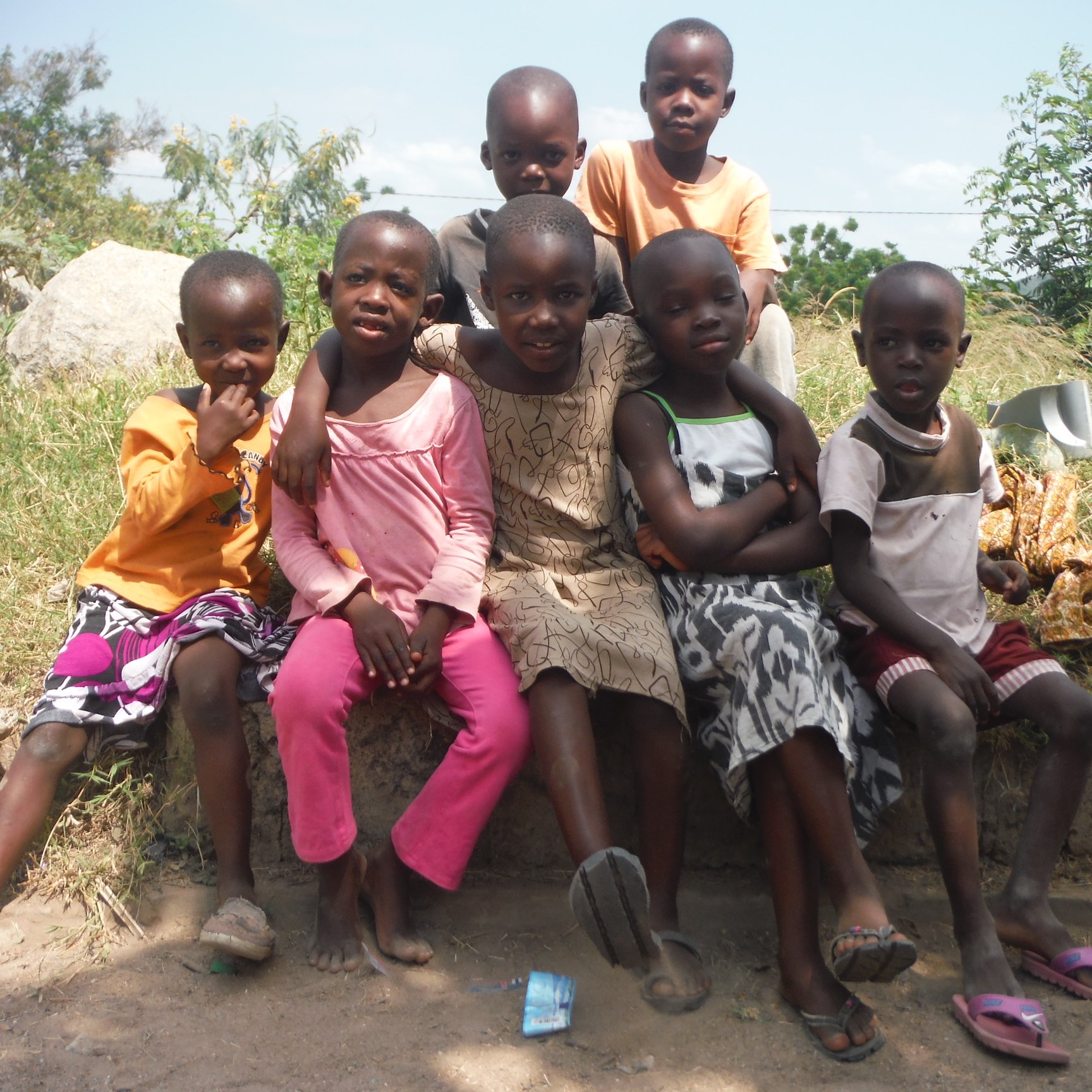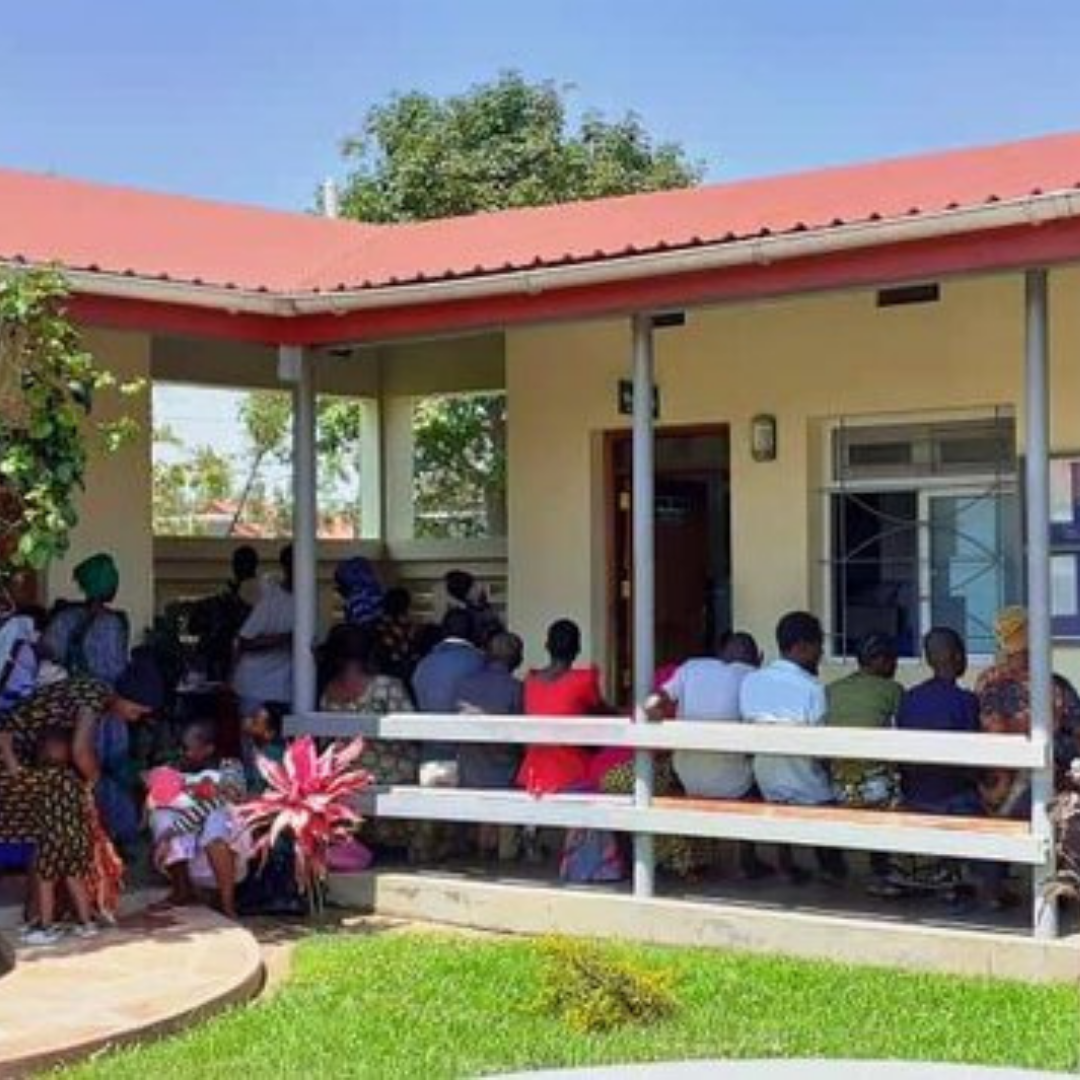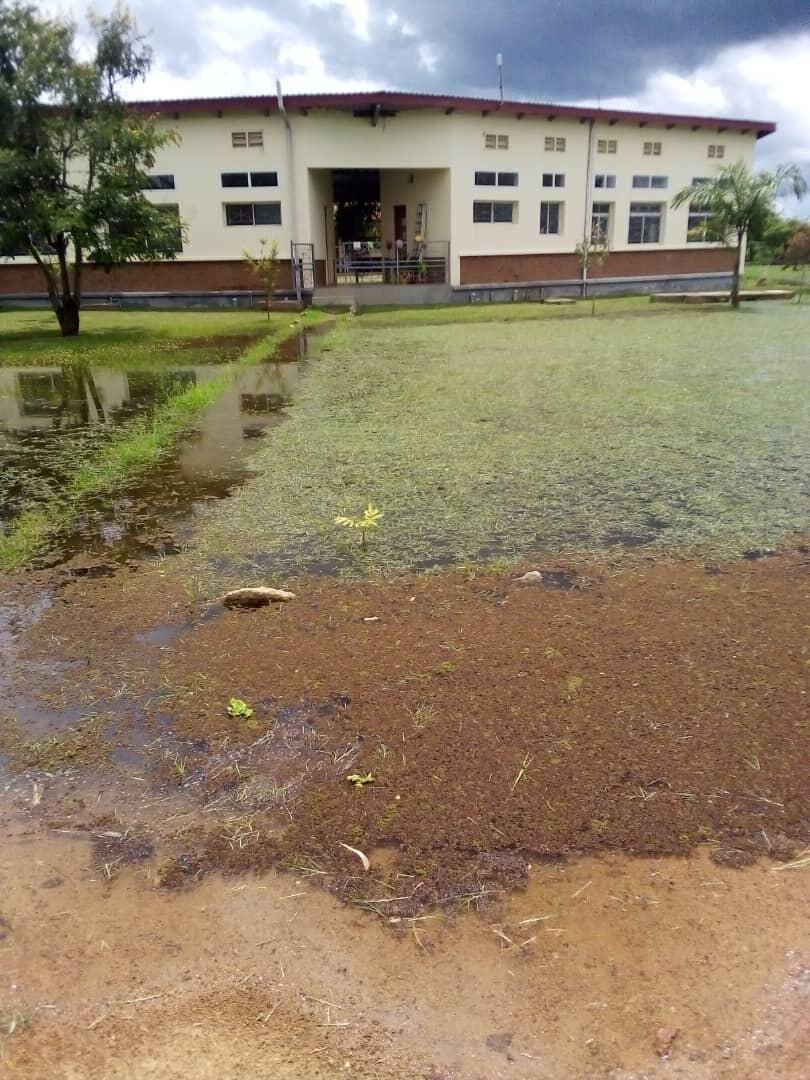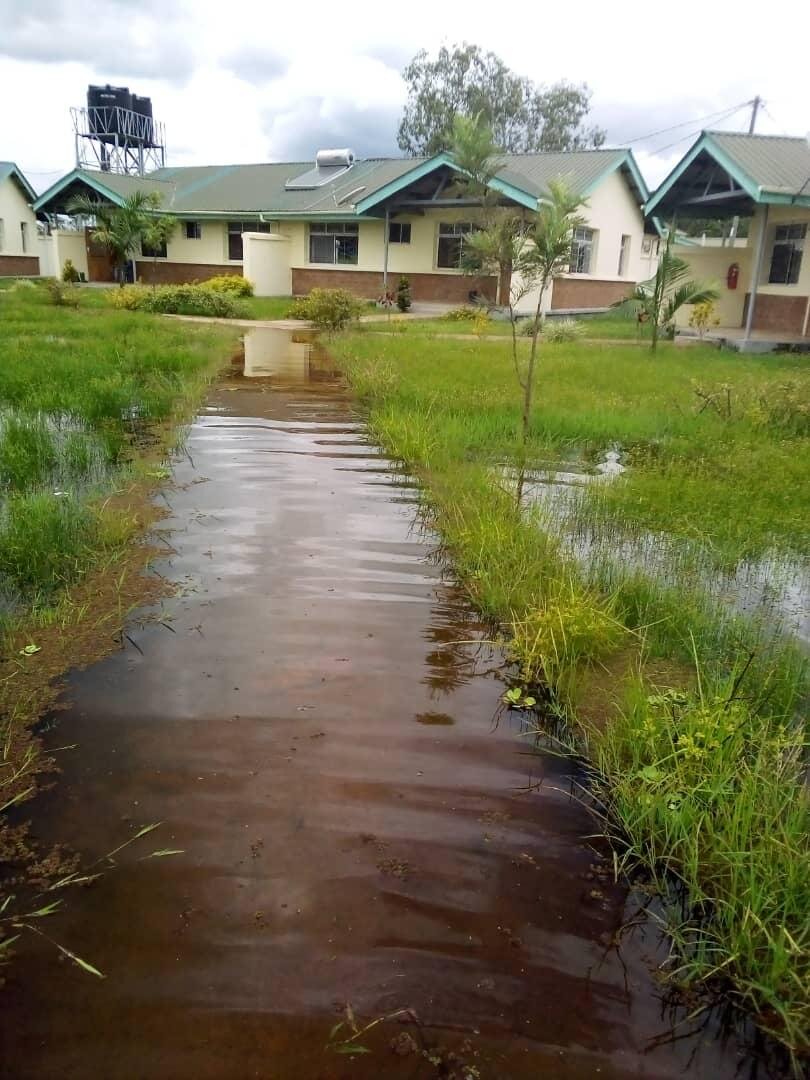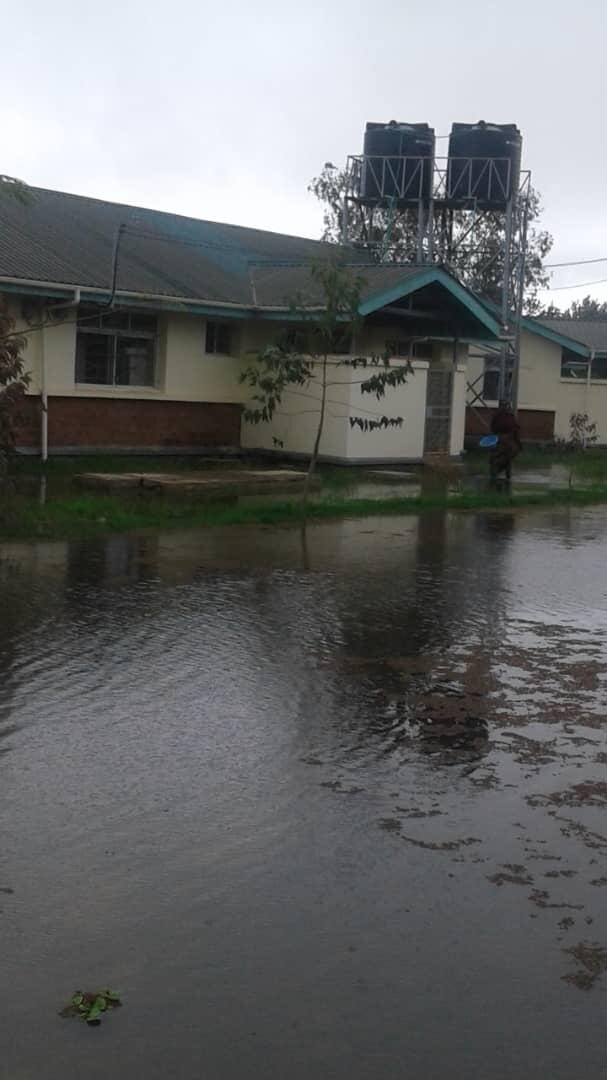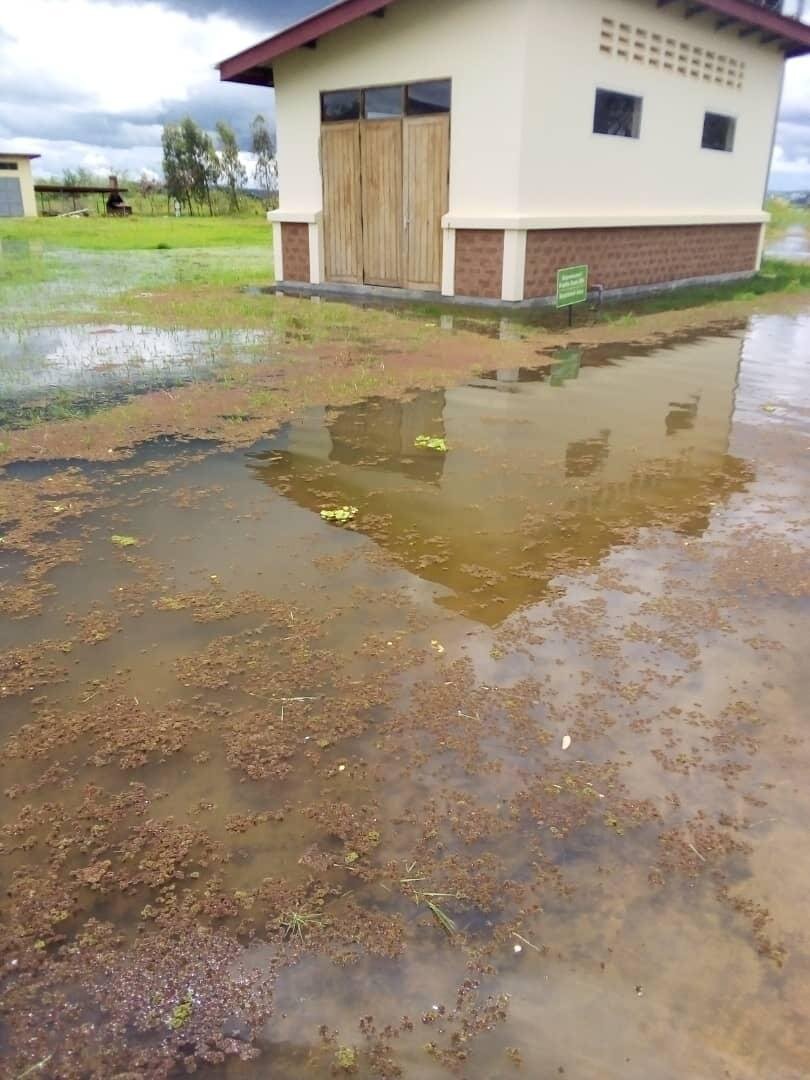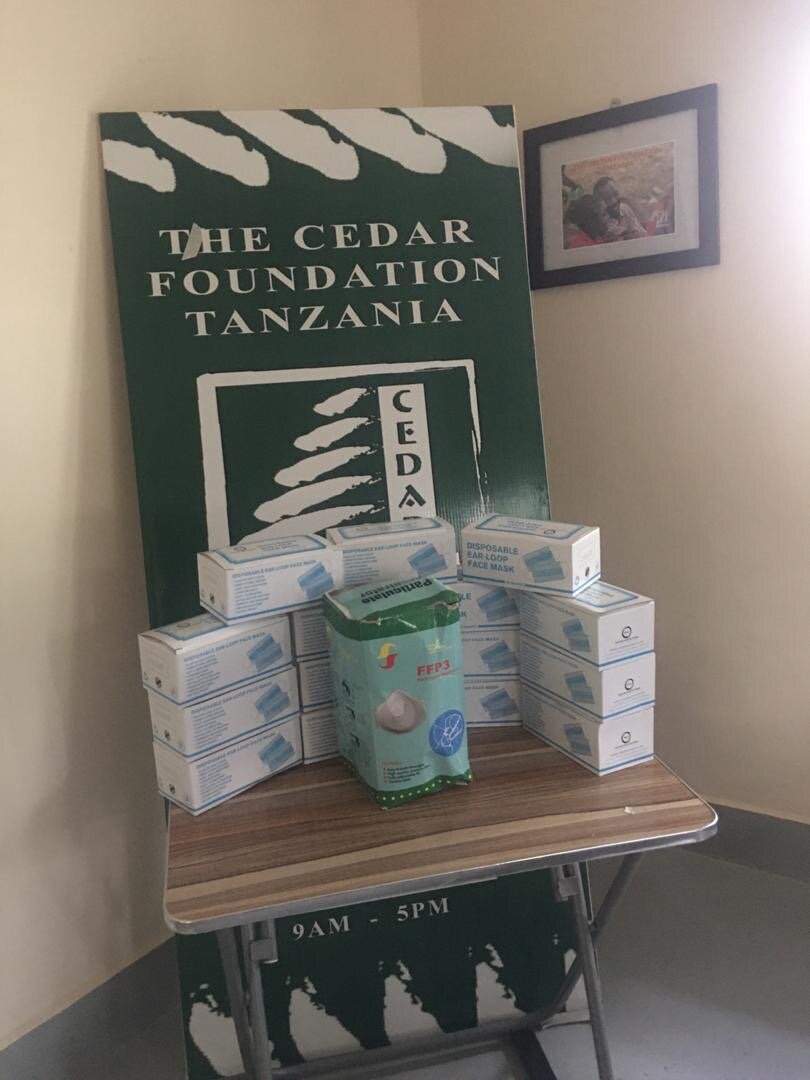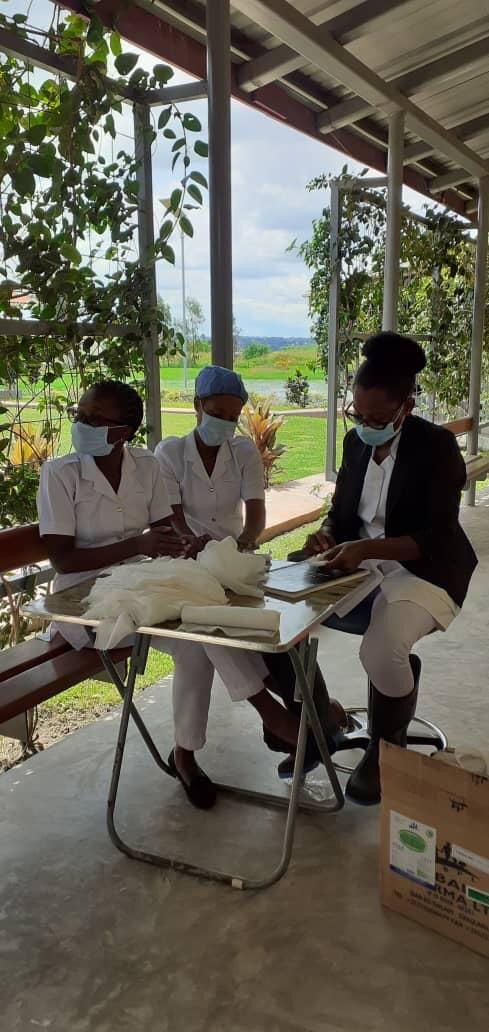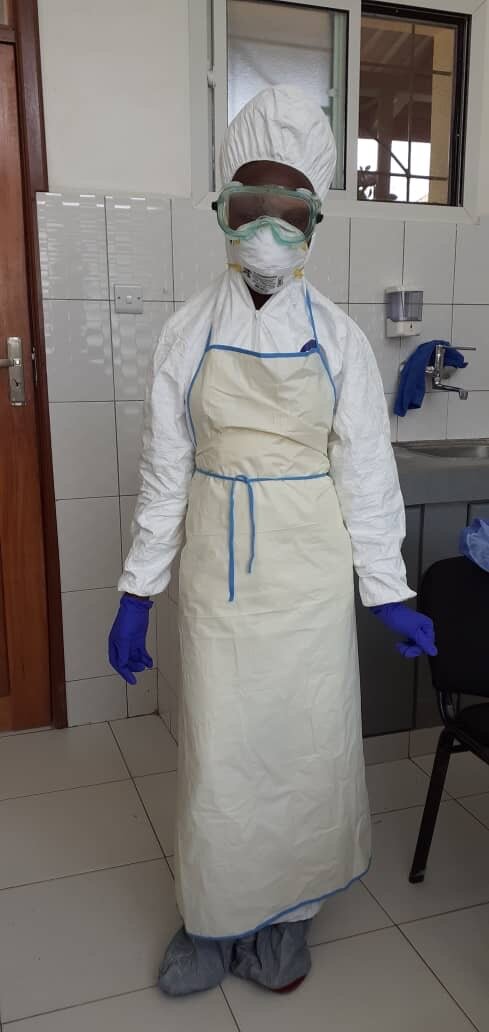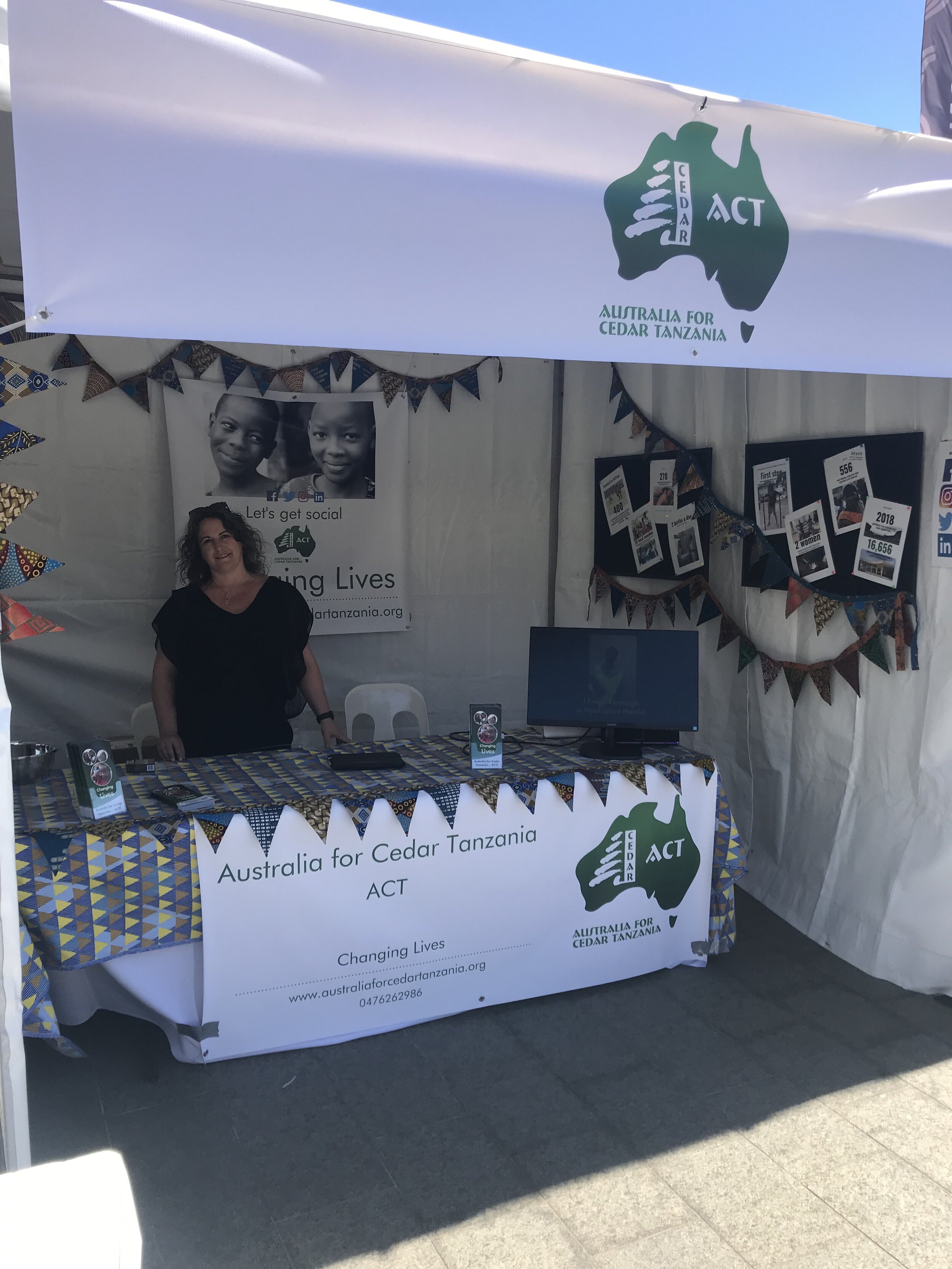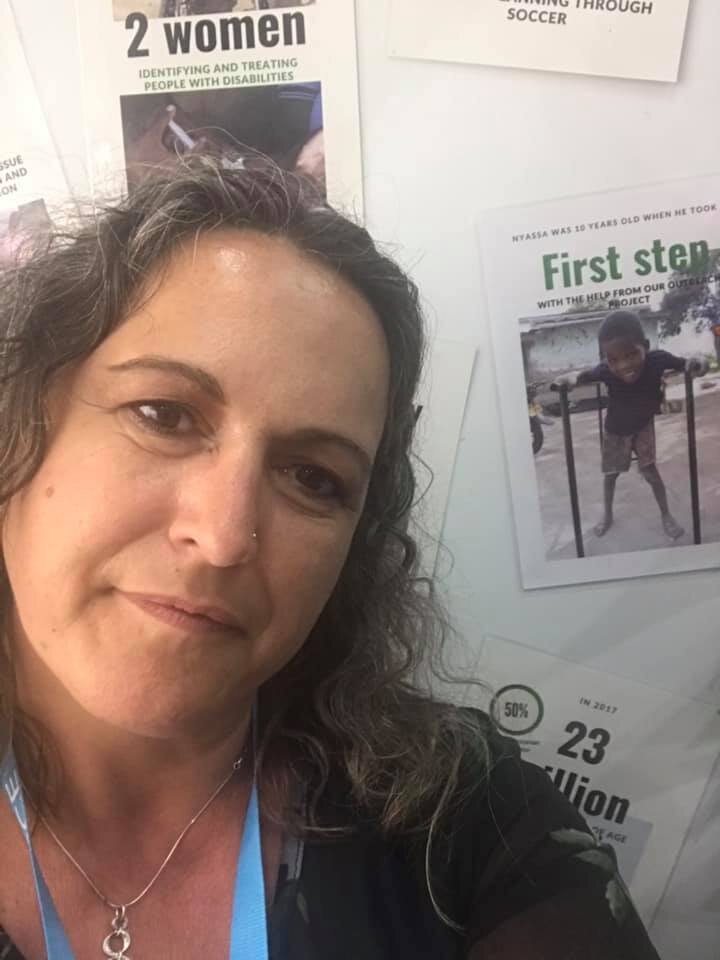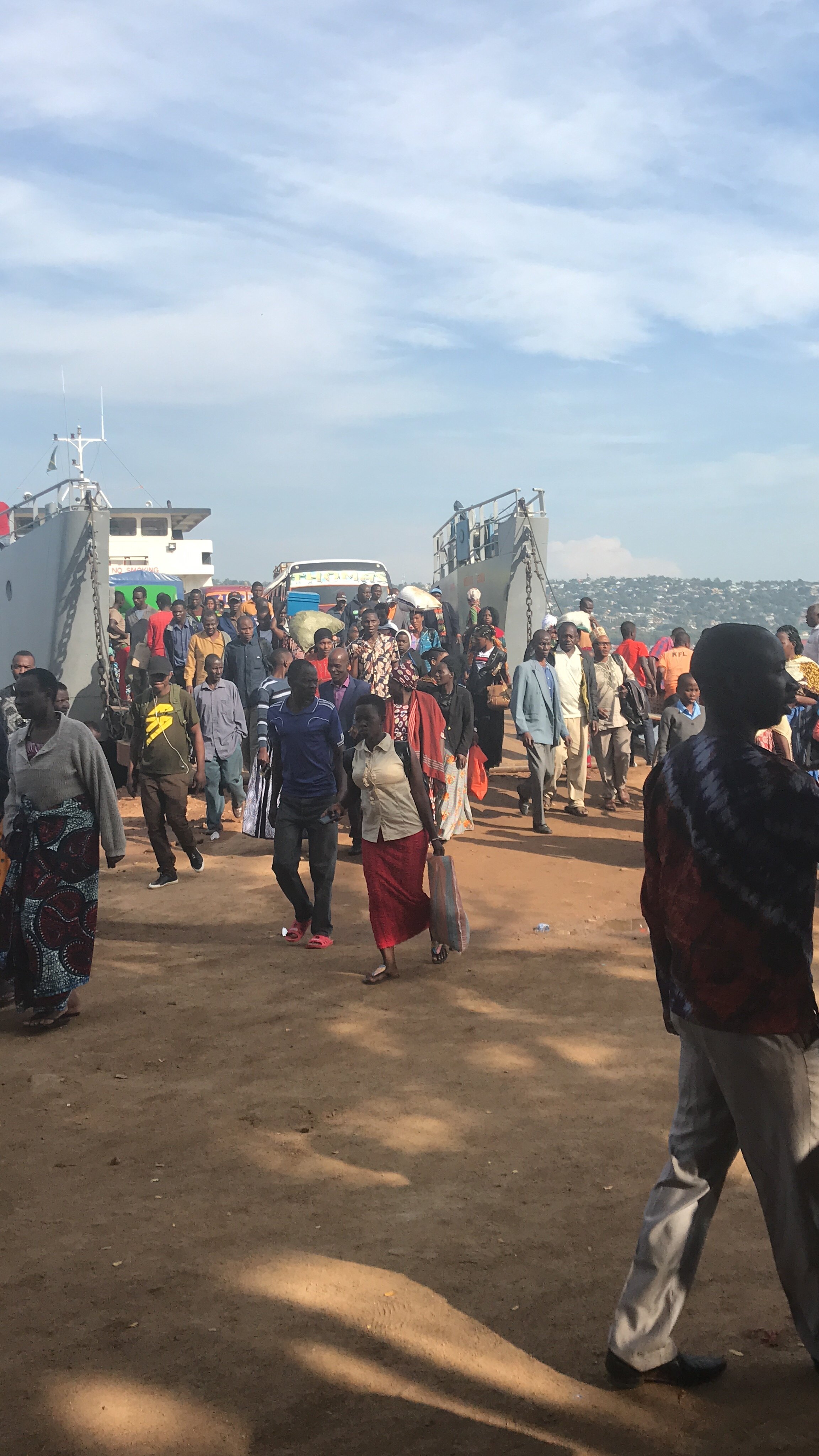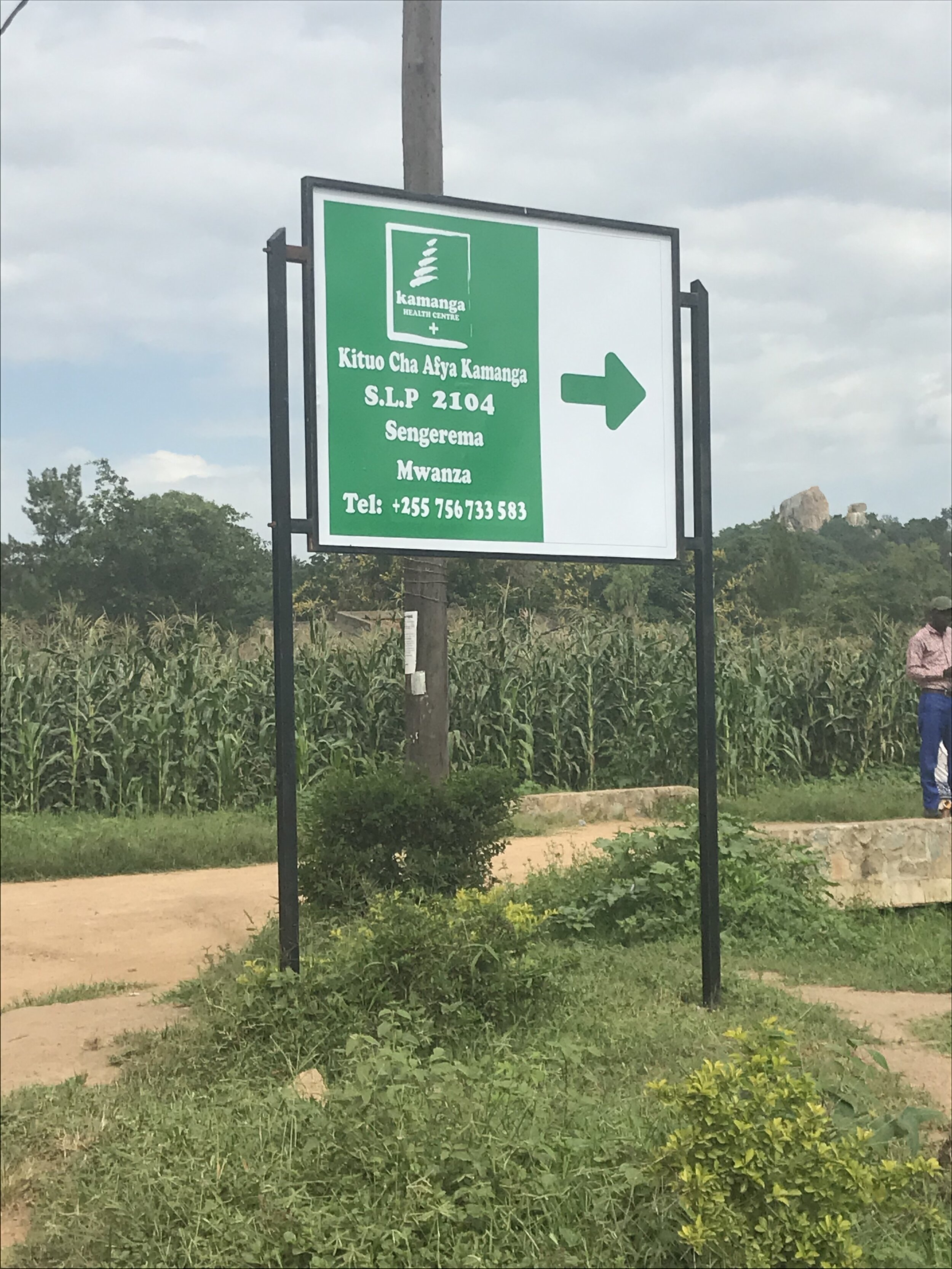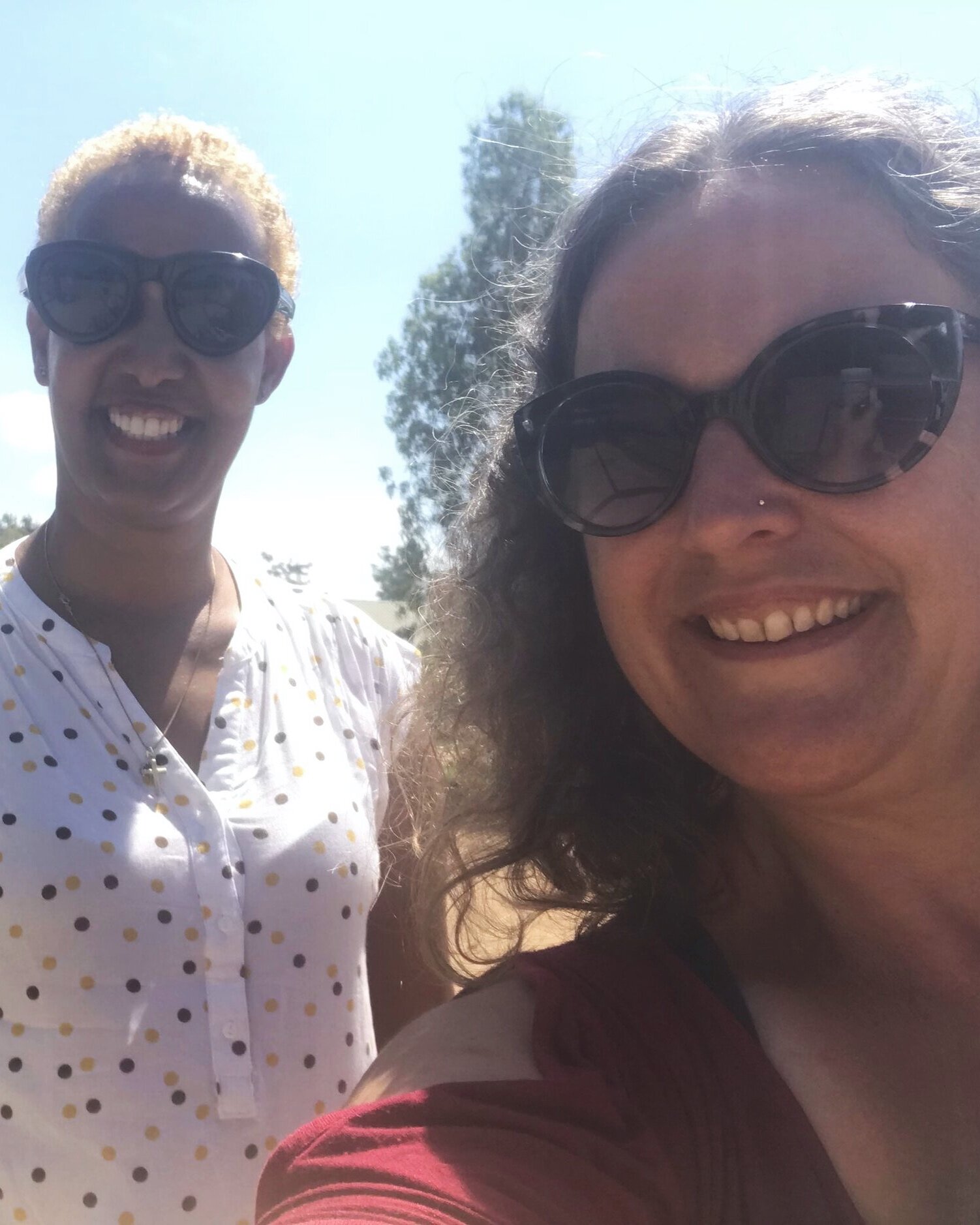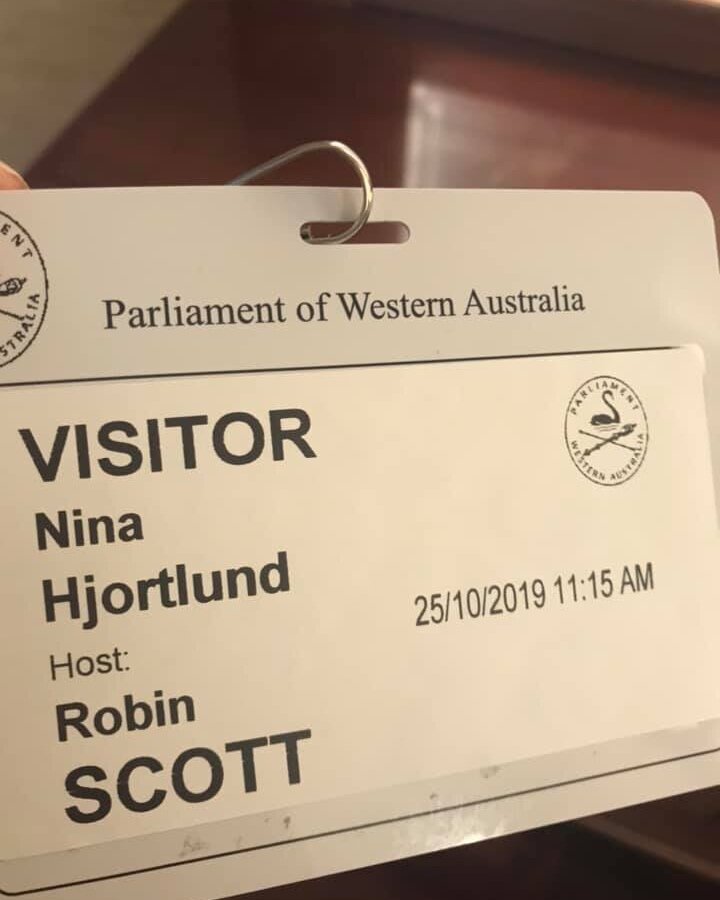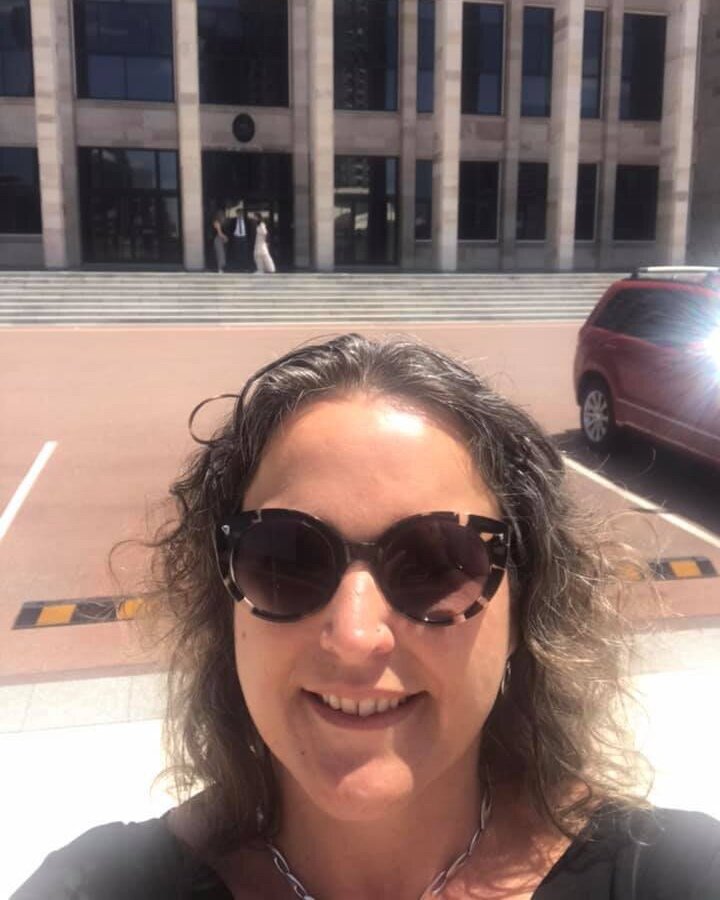2023 has begun and we have hit the ground running!
First, I owe you a MASSIVE thank you!
We raised a whooping AUD $8,300 during our Christmas Campaign - well above our $5,000 goal - for our Outreach project.
This means we can buy TWO NEW MOTORBIKES as well as cover all expenses to MEDICINE AND TREATMENTS, and MAINTENANCE AND REPAIRS. All of this is covered for a FULL YEAR. Thank s to you and your amazing support.
We are beyond grateful for the generosity and trust you have shown us.
Our team has ordered the motorbikes and as soon as they arrive I will send you an update from the field. We can’t wait - and neither can the 35,000 residents of Nyamatongo.
What are we planning for 2023?
Healthcare
With our Outreach Team well supported, we are going to continue to deliver healthcare to residents who are unable to come to the health centre. Many times this is because of disabilities, or simply due to not knowing a condition should or could be treated. A lot of our work consist in sharing knowledge around prevention and treatment of injuries and diseases.
Kamanga Health Centre, our small-scale hospital, is also thriving. It is a busy place tending to more than 1,000 patients every month. Although we do not have a surgical unit only a small number of our patients (less than 3%) needs referral to the larger District Hospital. We are happy we can provide those who need it safe and stable transport in our on-site ambulance.
Ante- and postnatal care as well a safe environment to give birth is also a very important function of Kamanga Health Centre. We generally tend to 100+ pregnant women every month and deliver just short of two babies a day on average. Giving birth in Tanzania can be a deadly event and every day 30 mothers die during childbirth. In most cases, from preventable causes.
Every week we invite families to bring their babies under 5 years old to our ‘baby clinic’. Here we vaccinate children, weigh them and check their general health. We talk to families about nutrition and answer any health concerns they might have. This means we have a very high vaccination rate in our communities and generally we see about 30 children and their families every week.
We couldn’t do this work without our close relationship to the local Community Health Workers. These are locally elected health workers from each village or area and is often the first person to know if anyone in the area is in need of medical care. We provide medical training to our Community Health Workers and in turn they help spread knowledge on family planning, danger signs during pregnancy, and many other health related topics. They visit close to 250 households on a monthly basis.
Entrepreneurship
Last year, we finalised our pilot projet focusing on mushroom farming, entrepreneurship and Climate Change. Mushrooms are a great crop as it climate change resilient and you do not need to own land to be able to grow them.
Our Pilot was a great success. We learned a lot along the way and we are now ready to launch a full 12 month program after which it will be financially sustainable in itself. We are aiming to educate 200 residents every year and assist them to set up their own collaborative small-holder farms. The reason we are encouraging collaborative farms is to benefit from shared overhead costs and shared knowledge and responsibility.
This project has so many benefits - I have listed a few of the major benefits below:
· Increase in income for the whole household
· Increase in income leads to better healthcare and education
· Increase in self-esteem for women and people with disabilities
· With self-esteem and independence comes healthier individuals and a higher uptake of birth control
· A new and affordable nutritious crop available to the whole community
· Mushrooms can help combat some of the nutritional deficiencies we see daily
· More children in schools/less drop out caused by economic strain or health issues
· Innovative low-tech and low-cost driers not needing electricity
· Any excess production to be dried and access to international export channels
· Project able to finance itself within 12 months
· Excess funding and earnings to be used for scaling and other projects within our organisation
Of course, all of this is pending funding. We are actively seeking funding from all corners of the world. The full cost for a 12 month project is AUD $150,000 (approximately USD $100,000). If you want to know more about the Theory of Change, budget and project details please feel free to contact me directly by clicking the button below:
Climate Change and Green Kamanga
As everyone else, we are trying to do our part to combat climate change. In 2021 we planted 600+ trees germinated from seeds. We focused on quick growing timber and fruit trees such as mango, papaya and avocado. We continued this in 2022 and planted an additional 600 trees in Kamanga and surrounds.
But this is just the beginning.
We are currently developing a 3-year project that will see to plant no less than 100,000 trees! Yes, you heard me right, 100,000 trees in 3 years!
This 3-year project will build on establishing 100 community self-help groups, as well as provide education on environment and climate change through primary school clubs. Focus will also be on fuel-efficient stoves and the importance of using improved latrines and clean water.
It is a project with BIG goals and a huge IMPACT or all our 35,000 residents. Of course this also comes with a need for funding with a budget of AUD $65,000 (~USD $45,000) per year for 3 years.
Again, if you want to know more about this project you can contact me below.
We are looking forward to share all our wins and stories with you in 2023.













